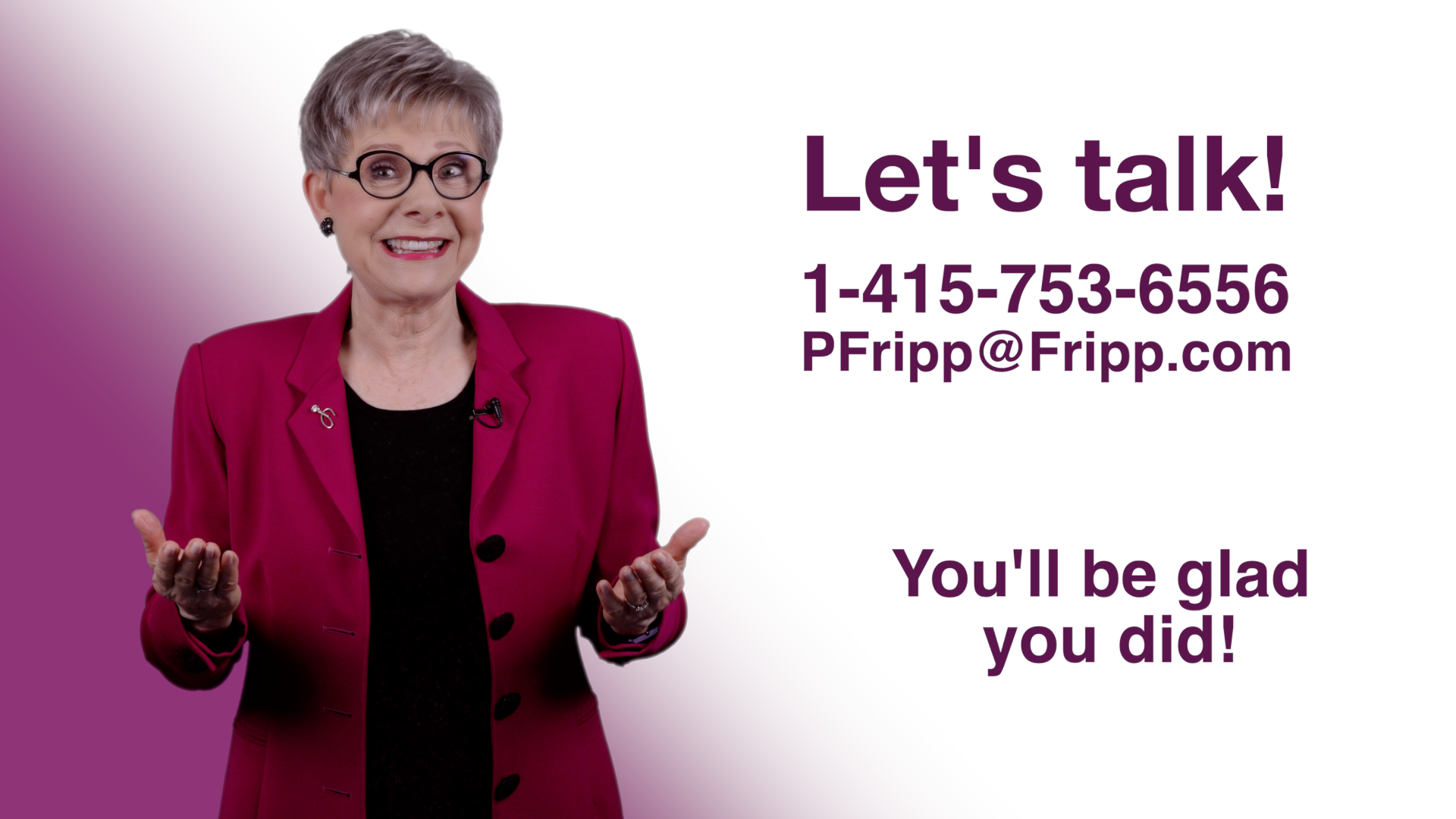Is breakfast the breakfast of champions? That depends.
Who is delivering the feedback? Are they qualified to give it?
What is requested or unsolicited?
Many years ago, I accepted an invitation to speak at my local Toastmasters Spring Conference. They considered me a local celebrity, I had already been elected the first woman President of the National Speakers Association, and my speaking career was on the rise.
After delivering my well-received keynote I was on my way to set up for the first of my two interactive breakouts. A Toastmaster with an unknown amount of experience asked, “Can I give you some constructive criticism?” I replied, “No.” His reply was “Please.” Again, I replied, “No.” He asked, “Why?” “Because you will irritate me. I do not want to run the risk that my irritation will take away from the experience of my next two audiences.”
Could that Toastmaster have given me valuable feedback?
Anyone with the insensitivity to pick such an inappropriate time, I seriously doubt it. He wanted to feel superior not helpful. What do you think?
When is the appropriate time?
Often my speaker friends know I will be in their audience and ask, “I value your opinion as a speech coach. Please take notes give me feedback.” After their presentations I let them enjoy the speaker high. I tell them, “You were fabulous. The audience’s response confirmed it. I especially enjoyed… If you would like to hear a couple of suggestions, let’s talk next week.”
Never ruin a person’s ‘speaker high.’
A few days later, they are ready for suggestions.
If you are looking to improve your public speaking skills and impress your boss or audiences consider how to get to the level of competence. While it may be tempting to ask your friends for feedback, their opinions may not always be reliable.
As a young guitarist my brother, internationally-acclaimed guitarist, Robert Fripp, said, “During an early performance, I played the wrong note. It was a terrible mistake. I was devastated. Our always-supportive mother said, ‘I am sure you were the only one who heard it.’”
That is your mother’s job!
That’s where a seasoned speech coach comes in. With their knowledge and expertise, they can provide you with valuable feedback and guidance on how to improve your delivery, engage your audience, and make a lasting impact.
Unlike friends, who may sugarcoat their feedback or not know the right techniques to critique your speech, a speech coach can provide honest, constructive feedback in a way you are excited about how to improve and reach your full potential. They can help you identify areas for improvement, offer practical techniques and fool-proof suggestions to enhance your performance. At the same time, provide ongoing support and encouragement as you progress. As one my Silicon Valley executive clients said, “Patricia, you are my number one fan.” Over years of coaching, I realized, to do my job well, I need to improve their technical skills and act as a cheerleader.
If you’re serious about becoming a confident and effective speaker, investing in a seasoned speech coach is one of the best decisions you can make. Don’t settle for mediocrity and unprofessional feedback from your friends. Do appreciate their support, you do need their support.
Choose a speech coach who can help you unlock your full potential and take your public speaking to the next level.
If you need help, remember you have a good friend who is a great speech coach.
Yes, I am talking about me! Let’s have a conversation.
If you have a limited budget, considered my online training FrippVT (Virtual Training) Powerful, Persuasive Presentations. Take a trial.
“Heartfelt thanks. As my teacher, your talents helped my story to the MDRT main platform 3 times and countless other stages around the globe. Always a raving fan.” John Nichols, President, Acrisure Insurance Wholesale Solutions
Download my special report Criticism From Gripes to Growth

How Do You Accept An Award? Be Gracious. Be Modest. Be Prepared!

